15 pages • 30 minutes read
Walt WhitmanWhen I Heard the Learn'd Astronomer
Fiction | Poem | Adult | Published in 1865A modern alternative to SparkNotes and CliffsNotes, SuperSummary offers high-quality Study Guides with detailed chapter summaries and analysis of major themes, characters, and more.
Literary Devices
Form/Meter
While the poem is about an astronomer who knows how to regulate even the immense night sky, the form of the poem evades strict regulation. The poem is written in free verse, meaning that it does not have a set meter or rhyme scheme. The free-flowing structure of the poem helps to reinforce the contrast between the disciplined, orderly approach the astronomer takes to his subject in his lecture and the more fluid, emotional, and uninhibited experience the speaker wishes to have with nature—and which Whitman himself aligns with by maintaining the free verse form.
Delayed Sentence
Whitman sets up his poem upon a single, run-on “delayed sentence” – a sentence that withholds its main point until the last possible moment, creating a sense of suspense for the reader. The first four lines of the poem start with the word “When”, building up the image of the astronomer, his lecture, the public hall, and the audience—it is only in Line 5 that the reader is finally told anything at all about what the speaker is feeling (“tired and sick”). The poem closes by describing the speaker’s solitary walk out in nature, still building up the scene until the final line, where the reader finally receives the emotional punch line: the speaker is left staring at
Related Titles
By Walt Whitman
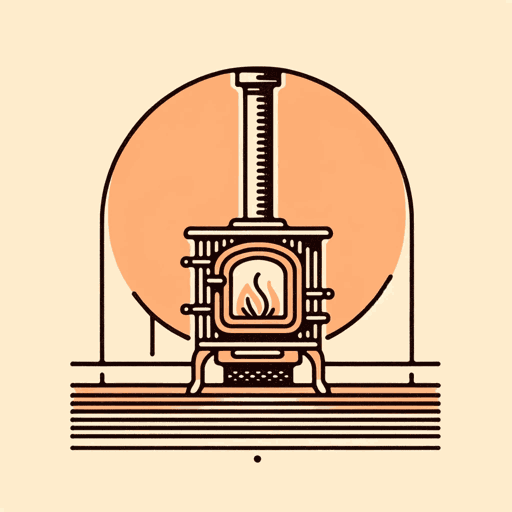
A Glimpse
Walt Whitman
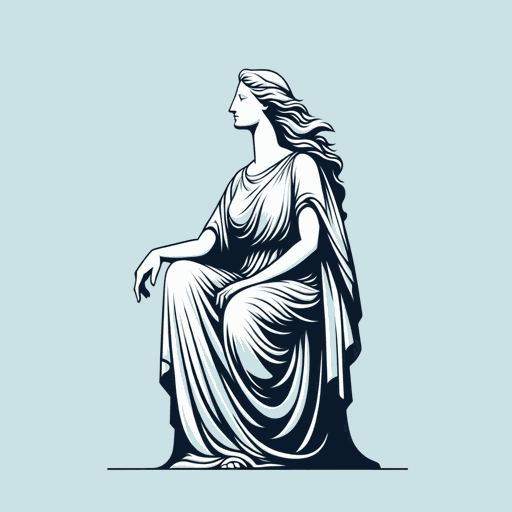
America
Walt Whitman

A Noiseless Patient Spider
Walt Whitman
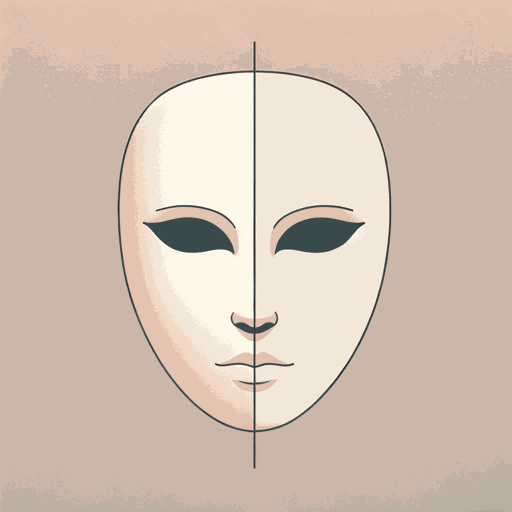
Are you the new person drawn toward me?
Walt Whitman
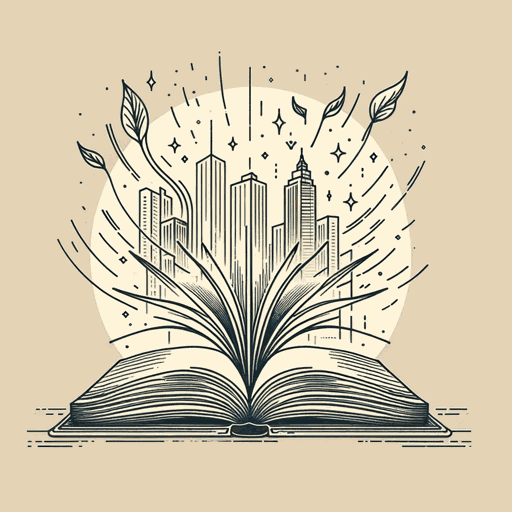
As I Walk These Broad Majestic Days
Walt Whitman

Crossing Brooklyn Ferry
Walt Whitman
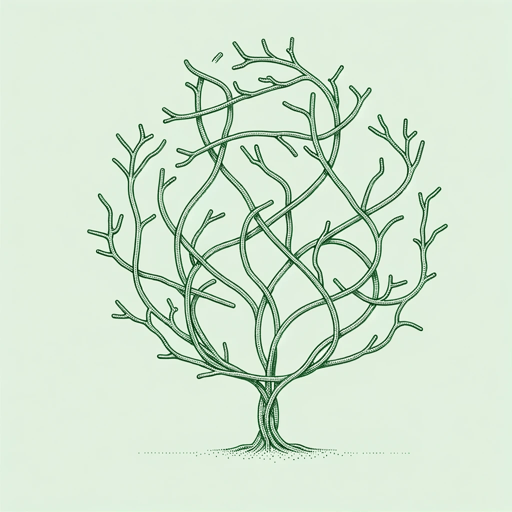
For You O Democracy
Walt Whitman
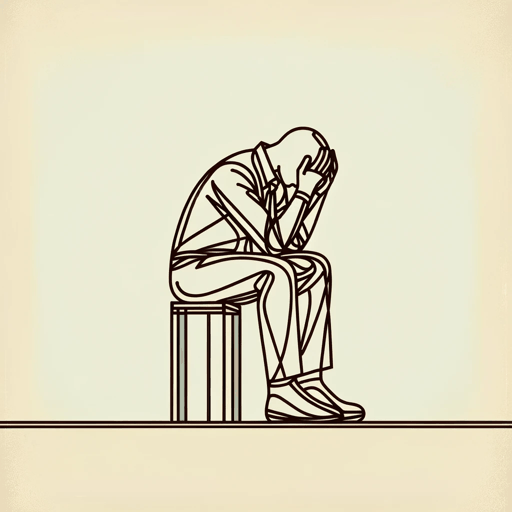
Hours Continuing Long
Walt Whitman
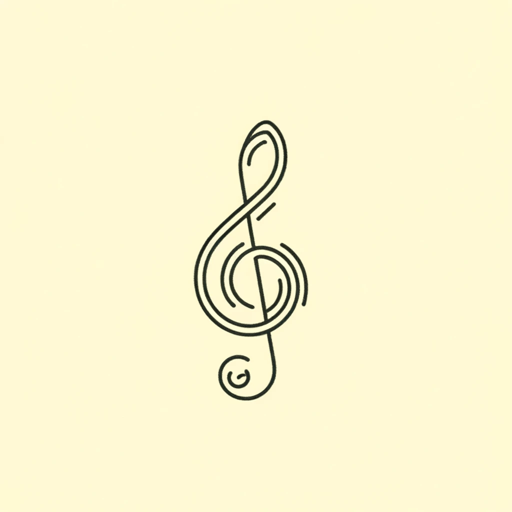
I Hear America Singing
Walt Whitman
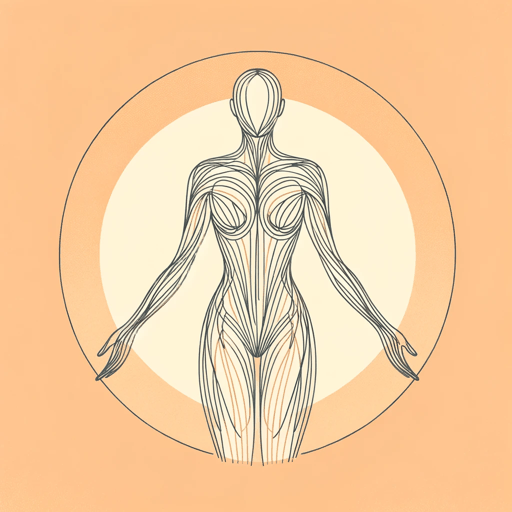
I Sing the Body Electric
Walt Whitman

I Sit and Look Out
Walt Whitman

Leaves of Grass
Walt Whitman

O Captain! My Captain!
Walt Whitman
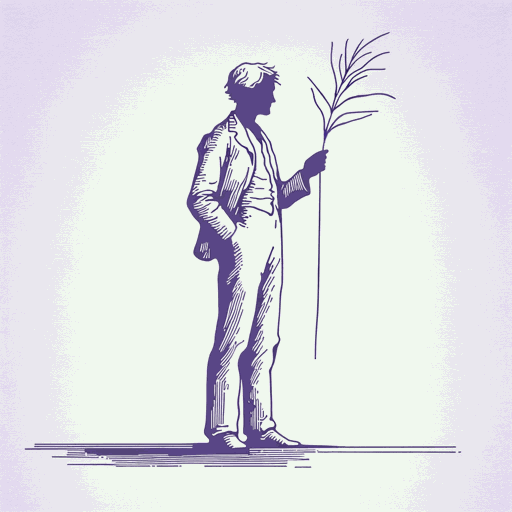
Song of Myself
Walt Whitman
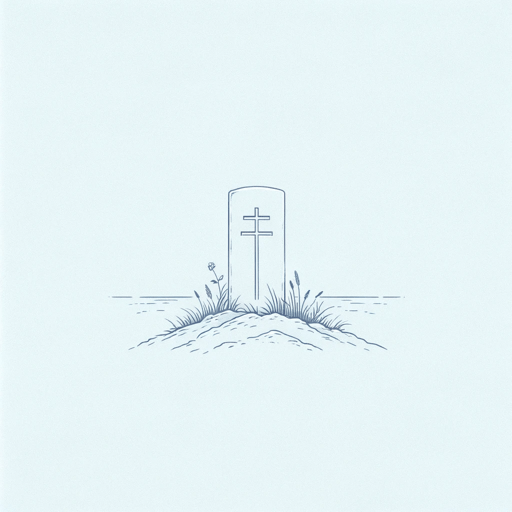
Vigil Strange I Kept on the Field One Night
Walt Whitman

When Lilacs Last in the Dooryard Bloom'd
Walt Whitman

